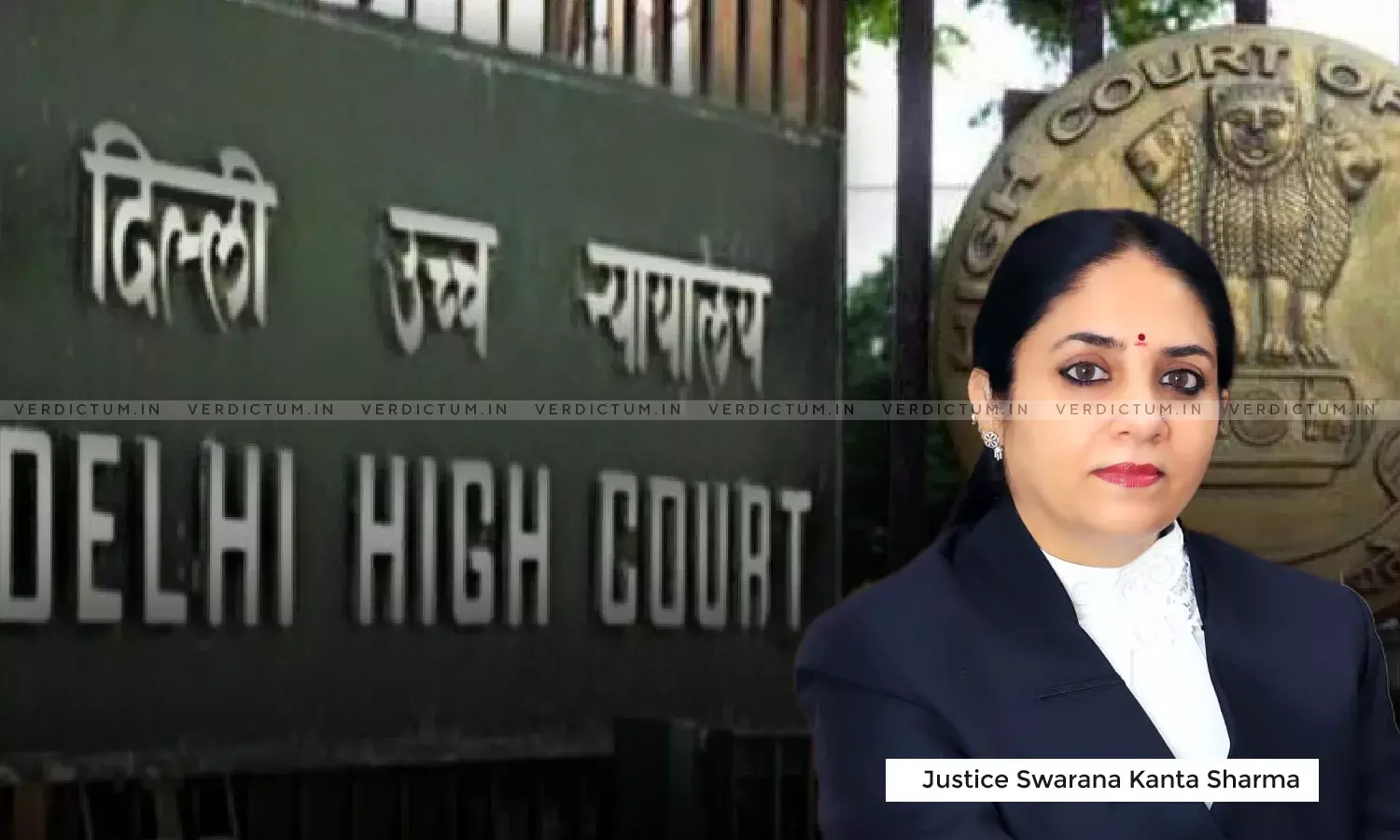Procuring Call Records Of Police Officials Including Their Tower-Wise Location Can Prejudice Both Their Safety & Privacy: Delhi HC
The Delhi High Court has held that procuring call records of police officials including their tower-wise location can prejudice both their safety and security.
The Court was dealing with a batch of petitions filed by the State against the orders passed by the Additional Sessions Judge (ASJ) whereby the investigating officers were directed to procure Call Detail Records (CDRs) including tower-wise locations of all members of raiding party and the accused persons.
A Single Bench of Justice Swarana Kanta Sharma said, “In this Court’s opinion, procuring call detail records of the mobile phones of police officials including their tower- wise location can prejudice both their safety and privacy. The concerned police officers may be involved in dealing with cases of different nature, including sensitive or heinous cases or cases of national security, and orders, such as those impugned before this Court, can directly encroach upon the privacy of the police officials.”
The Bench noted that the impugned orders also have the capacity to put at risk and expose the identities of the ‘secret informers’ and risk their safety and security.
APP Naresh Kumar Chahar represented the State, CGSC Ripu Daman Bhardwaj represented the Centre, and Senior Standing Counsel Subhash Bansal represented the NCB (Narcotics Control Bureau).
In this case, according to the petitioner/State, the respondents were apprehended in different cases under the NDPS (Narcotic Drugs and Psychotropic Substances) Act, 1985 and some narcotic drug/psychotropic substance had been recovered from them. However, the ASJ, either at the stage of remanding accused to judicial custody or at the time of filing of chargesheet, had orders for production of Call Detail Records including tower-wise locations of the investigating officers, members of raiding teams/concerned police staff, secret informers and the accused persons.
Thus, the short issue before the court was whether such orders passed by the ASJ suffered from any infirmity and were liable to set aside or not. The High Court in this regard relied upon the case of Attar Singh v. State (NCT of Delhi) 2016 SCC OnLine Del 3907 wherein it was held that an accused cannot claim a right to seek the details of records of all the calls made or received from the mobile phone of the investigating officer.
The Court observed, “Having heard the learned APP for the State, perused the contents of impugned order, this Court finds no reasons to take a view, other than the one expressed in the aforesaid decisions passed by Co-ordinate benches of this Court. … Thus, the learned ASJ has not passed reasoned orders, and the same opens up windows for possibility of risking confidential information which may be brought on record through call detail records of the investigating officers and other police officials.”
The Court said that there is no requirement to procure call detail records of investigating officers, members of raiding team/other concerned police officials, etc., as directed in the impugned orders.
Accordingly, the High Court allowed the petitions and set aside the orders passed by the ASJ.
Cause Title- State v. Haripal (Neutral Citation: 2023:DHC:5796)




